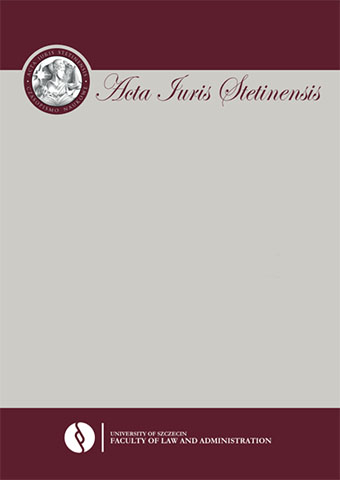| 1. | Cieślak S., w: Kodeks postępowania cywilnego. Tom II. Komentarz do art. 730–1217, red. J. Jankowski, Legalis 2019. |
| 2. | Flaga-Gieruszyńska K., w: Kodeks postępowania cywilnego. Komentarz, red. A. Zieliński, Legalis 2017. |
| 3. | Gil I., w: Kodeks postępowania cywilnego. Komentarz, red. E. Marszałkowska-Krześ, Legalis 2019. |
| 4. | Jagieła J., Egzekucja kosztów egzekucji, „Przegląd Prawa Egzekucyjnego” 2017, nr 2. |
| 5. | Jagieła J., w: Zasady dochodzenia kosztów egzekucji sądowej, red. A. Marciniak, Currenda, Legalis 2016. |
| 6. | Kunicki I., w: Kodeks postępowania cywilnego. Tom III. Komentarz. Art. 730–1088, red. A. Marciniak, Legalis 2015. |
| 7. | Marcewicz O., w: Kodeks postępowania cywilnego. Komentarz aktualizowany. Tom II. Art. 730–1217, red. A. Jakubecki, LEX/el. 2018. |
| 8. | Marciniak A., Sądowe postępowanie egzekucyjne, LEX 2013. |
| 9. | Pietrzkowski H., w: Kodeks postępowania cywilnego. Komentarz. Tom V. Postępowanie egzekucyjne, red. T. Ereciński, LEX 2016. |
| 10. | Zawistowski D., w: Kodeks postępowania cywilnego. Komentarz. Tom IV. Artykuły 730– 1088, red. H. Dolecki, T. Wiśniewski, LEX 2014. |
| 11. | Ustawa z 17 listopada 1964 r. Kodeks postępowania cywilnego (tekst jedn. Dz. U. z 2018 r., poz. 1360 z późn. zm). |
| 12. | Postanowienie Sądu Najwyższego z 27 września 2012 r., III CZP 47/12, LEX nr 1222122. |
| 13. | Uchwała Sądu Najwyższego z 1 czerwca 2007 r., III CZP 37/07, LEX nr 259717. |
| 14. | Uchwała Sądu Najwyższego z 18 kwietnia 2000 r., III CZP 9/00, OSNC 2000, nr 9, poz. 153. |
| 15. | Uchwała Sądu Najwyższego z 21 grudnia 2006 r., III CZP 133/06, OSNC 2007, nr 10, poz. 153. |
| 16. | Uchwała Sądu Najwyższego z 28 kwietnia 2004 r., III CZP 16/04, LEX nr 106571. |
| 17. | Uchwała Sądu Najwyższego z 30 marca 2012 r., III CZP 4/12, LEX nr 1128321. |
| 18. | Uchwała Sądu Najwyższego z 4 czerwca 2009 r., III CZP 30/09, OSNC 2010, nr 2, poz. 19. |
| 19. | Uchwała Sądu Najwyższego z 7 października 2008 r., III CZP 81/08, OSNC 2009, nr 10, poz. 119. |
| 20. | Uchwała Sądu Najwyższego z 8 marca 2013 r., III CZP 1/13, LEX nr 1400012. |
| 21. | Uchwała składu siedmiu sędziów Sądu Najwyższego z 27 listopada 1986 r. – zasada prawna, III CZP 40/86, LEX nr 3242. |
| 22. | Wyrok Sądu Najwyższego z 4 lutego 2000 r., II CKN 738/98, OSNC 2000, nr 7–8, poz. 146. |







